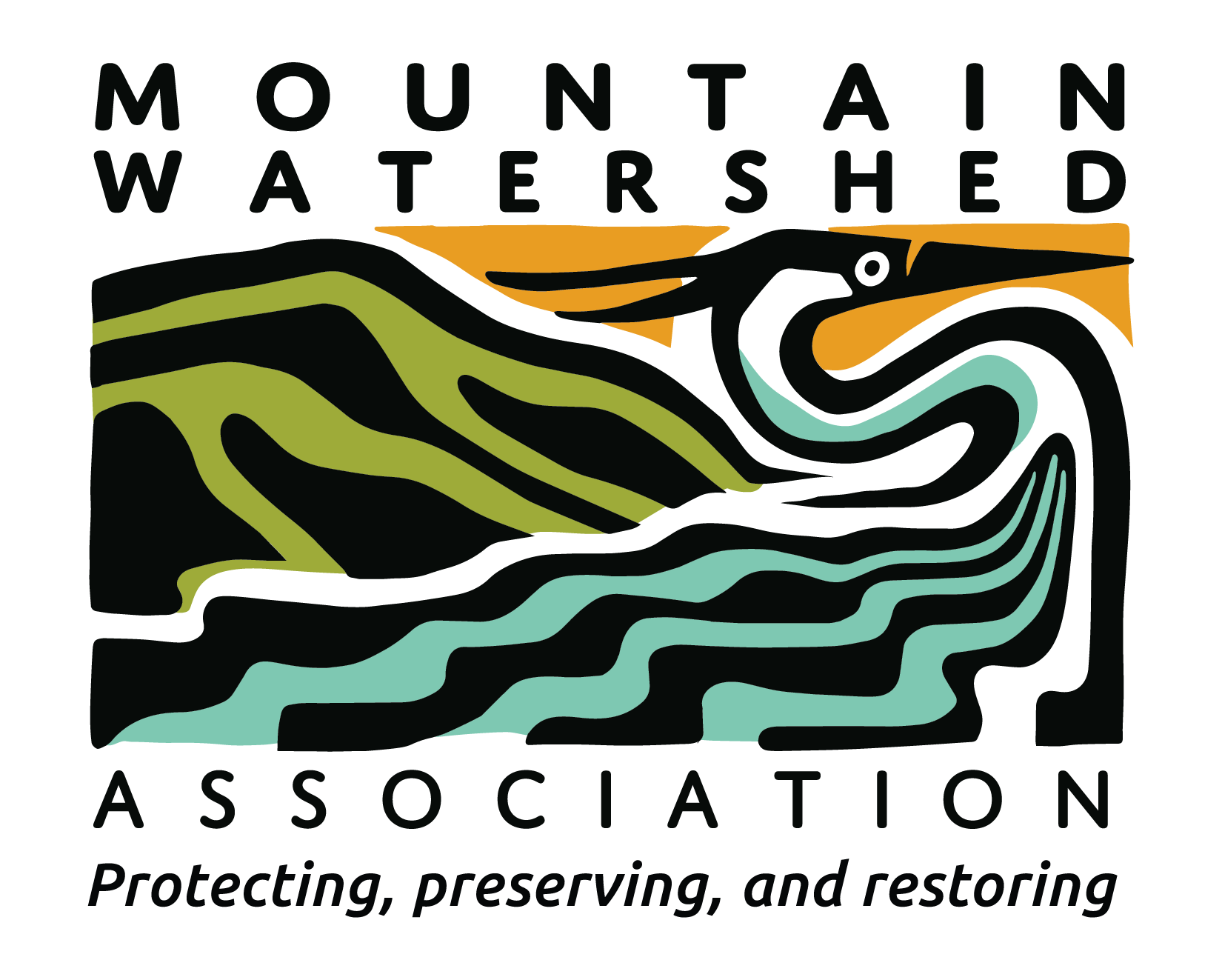The air was tense last Thursday morning as oil and gas company representatives, along with those who have been harmed by their practices, filled up the Independent Regulatory Review Commission’s (IRRC) conference room. The Commissioners took testimony from both sides and afterwards would either approve or deny the Department of Environmental Protection’s (DEP) updated rules governing oil and gas well drilling. The regulations have not been reviewed since 2001, well before Pennsylvania’s Marcellus shale fracking boom, and these revisions, known as Chapter 78 and 78a, have been almost five years in the making. DEP’s Deputy Secretary Scott Perry, Secretary John Quigley, and other department representatives answered preliminary and technical questions the Commissioners posed and afterwards the meeting was opened up to testimony from the public.
What followed were several hours of presentations by oil and gas representatives, mostly ‘conventional’ drillers whose wells are shallower than the ‘unconventional’ wells used to extract gas from Marcellus shale. The new regulations address both conventional and unconventional drillers in two separate chapters, 78 and 78a respectively, and impose common sense rules like higher reporting requirements and added approvals when drilling in proximity to public resources, schools, and playgrounds. The conventional drillers argued the new regulations were far too costly and many suggested their companies would not survive implementation of the updated regulations. DEP responded that rules and laws should be made in the public interest and not tailored to what is, and always has been, “a boom and bust industry.”
In the afternoon, representatives from several environmental groups including Mountain Watershed Association, the Pennsylvania Chapter of the Sierra Club, and the League of Women Voters testified how the current lack of regulations harm health and livelihoods of their members. The most powerful testimony came when mothers of children who suffered chronic illnesses caused by exposure to wells pledged their support of the regulations. In the end, IRRC voted 3-2 in favor of finding the updated rules in the public interest and therefore ready to be sent on to the House and Senate. While industry groups show no signs of diminishing their opposition, with the support of concerned citizens and community groups around Pennsylvania, hopefully the proposed rules will soon become a reality.

